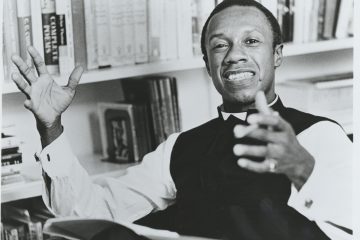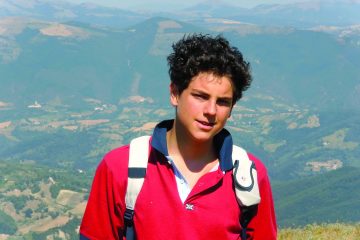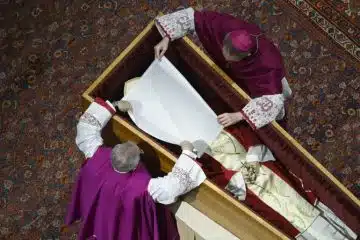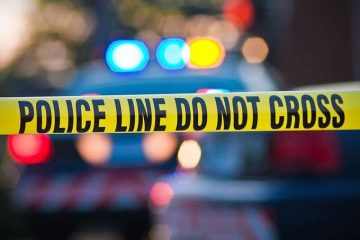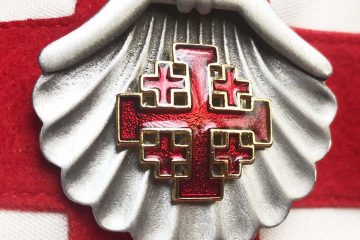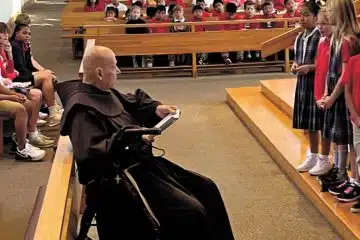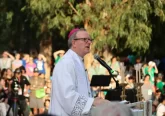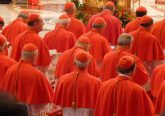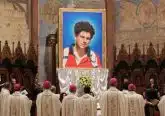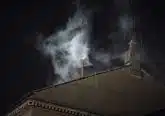Cardinals 80 and older watch, pray — and give interviews
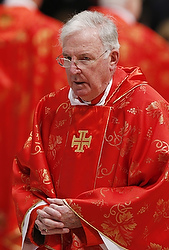
By Carol Zimmermann Catholic News Service
VATICAN CITY (CNS) — While the 115 cardinal electors have been locked in the Sistine Chapel voting for a new pope, the elder members of the College of Cardinals have been sitting out the election.
Ninety of the world’s cardinals are 80 years old or older and, according to reforms enacted by Pope Paul VI in 1970, they are excluded from the closed-door election proceedings. The cutoff date is if they turn 80 prior to a pope’s death or, in this case, the pope’s resignation date.
That does not mean these cardinals were not involved in the conclave process. Many of the older cardinals were at the Vatican for the pre-conclave general congregations, and 65 of them attended the March 12 Mass before the cardinal electors entered the conclave.
Ambrogio Piazzoni, vice prefect of the Vatican Library, told Catholic News Service during the last conclave that the ceiling on the voting age serves a practical purpose because it helps the pope always maintain a consistent number of voters for his successor.
He noted that if the pope knew that by a certain year a number of cardinals will have turned 80 and will no longer be eligible to vote, then he could start preparing to elevate more cardinals to take their place.
He called the age limit very wise because it keeps conclave numbers steady and predictable and voters relatively young. Otherwise, with no age restrictions, “you wait for a cardinal to die before you can replace him,” he said. There can only be 120 cardinal electors, although Blessed John Paul was known to surpass the limits for short periods of time.
Once this year’s conclave began, the over 80 cardinals started doing what a lot of Catholics have been doing: waiting and praying. Two of these cardinals who spoke with CNS said they have also been giving a lot of interviews.
When asked if he felt left out, Cardinal Theodore E. McCarrick, retired archbishop of Washington, said he would not use those words but said: “We do miss out on a wonderful opportunity. Almost all the older cardinals would have loved to have had a role in the conclave.”
Similarly, Cardinal Cormac Murphy-O’Connor, retired archbishop of Westminster, England, said he “would like to be there,” but he added that he is “content to be outside and let them work.”
Both retired archbishops said they were glad to have taken part in the general congregations where the cardinals discussed challenges facing the church today and essential qualities for the new pope.
Cardinal Murphy-O’Connor said he could not help being curious during these sessions about who among the group would be the future pope.
In a March 13 interview at the Venerable English College in Rome, he said the challenges discussed in the general congregations are issues the church must face.
“What makes the church less credible, it should repent of and eliminate,” he said, stressing that the new pope will have to play a leading role in “cleaning (the church’s) own house and putting it in order.”
“I hope the new pope will be a holy man who also picks good advisers,” he said.
He also noted that during this time without a pope, the church “carries on but there is a sense of incompletion.”
Cardinal McCarrick, who spoke to CNS March 12 at the Pontifical North American College, the U.S. seminary in Rome, said he was confident in the church’s future, despite the challenges it faces.
“The church will always go on, for the church is Christ,” he said. “We are all part of a mystical body that comes with joys sorrows, the cross and the resurrection.”
The retired Washington cardinal has been in Rome since mid-February, arriving for meetings the day Pope Benedict announced his retirement. Cardinal Murphy-O’Connor arrived three days before the pope’s final day in office. Both cardinals hope to return after the new pope’s inauguration, which they hope will be before March 20. Although they are retired, they said they still have a lot on their plates.
Cardinal McCarrick planned to watch for smoke from the Sistine Chapel at St. Peter’s Square with the crowd, as long as it was good weather, which was not the case in the initial gatherings.
He said he did not give the cardinal electors any advice prior to the conclave, describing them all as “men of learning who have this very wonderful understanding of what the church is about.”


